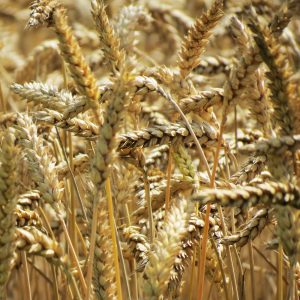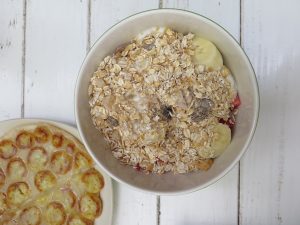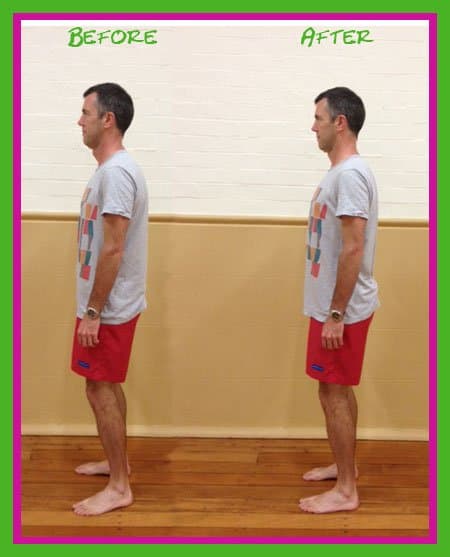
So are grains good or bad for us? With so many mixed messages regarding the foods we should be eating or avoiding, trying to improve our diet can often be overwhelming.
Nutritionist and author Chrissy Freer tells us why some grains can be harmful, while others can be a great health benefit.
How are super grains different from regular grains?
Super grains are whole grains
(except for pearl barley), which means they contain all three parts of the grain: the bran, germ and endosperm. Due to this, they’re packed with nutrients and are linked to various health benefits.
On the other hand, refined grains (such as common wheat and white rice) have the bran and germ removed leaving just the endosperm, which contains the least vitamins and minerals of the grain. They are much lower in nutrients, healthy fats, antioxidants and phytonutrients than whole grains.
What are the benefits of eating whole grains?
Whole grains are a great source of both soluble and insoluble dietary fibre. Soluble fibre helps keep the bowel healthy, reduces blood cholesterol and slows the release of sugars in the blood, which is very beneficial for those with diabetes. Insoluble fibre helps in preventing constipation and irritable bowel, keeps your colon healthy and assists heart health. Due to this, whole grains are linked to reduced risk of cardiovascular disease, high blood cholesterol and high blood pressure.
Many super grains are gluten and/or wheat free.
They play an important role in the diet of those with food intolerances and allergies, such as coeliac disease.
Some grains also contain all nine essential amino acids. This makes them an ideal food for vegetarians and vegans.
Why do some diet experts argue for a grain-free diet?
There is much confusion about the consumption and health benefits of grains because people don’t differentiate between refined grains and whole grains.
Consuming a diet high in processed grains — common in a modern western diet — is not something that should be encouraged or recommended. These days, there is an over reliance on refined grains and not enough focus on fresh fruit and vegetables, nuts and seeds, and sustainable meat and fish. Such a diet tends to be high in sugar and salt and low in dietary fibre.
A diet rich in whole grains, balanced with vegetables, lean protein, nuts and good oils is ideal.
It is high in dietary fibre, low GI and maintains steady blood sugar levels to keep you feeling full all day long (and therefore less likely to overeat).
Quick grain guide
Refined grains include white rice; white bread; regular white pasta; and other foods that have been made with white flour (also called enriched wheat flour or all-purpose flour), including many cookies, cakes, breakfast cereals, crackers and snack foods.
Whole grains include brown rice, oats, millet, spelt, kamut, barley and freekah.
Chrissy Freer is a qualified nutritionist, food writer and recipe developer who’s worked with a number of celebrity chefs. She is also a regular contributor to an extensive list of well-known food magazines.
Packed with healthy grain-based recipes, Chrissy’s book Super grains: eat your way to great health is now available in bookstores.

Information provided in this article is not medical advice and you should consult with your healthcare practitioner. Australian Unity accepts no responsibility for the accuracy of any of the opinions, advice, representations or information contained in this publication. Readers should rely on their own advice and enquiries in making decisions affecting their own health, wellbeing or interest.
Words: Chrissy Freer
Welcome to freedom in movement!
Come along to our Physio led Pilates classes and “love the way you move”
Locations:
Sydney North Shore: Roseville
(We are easily accessible for clients based in Willoughy, Lindfield, Killara, Artarmon, Forestville, Chatswood, Gordon and St Ives).
Sydney Eastern Suburbs : Darlinghurst
Phone Sally on :0404 366 363 or visit our website www.pro-align.com.au and enquire now!

